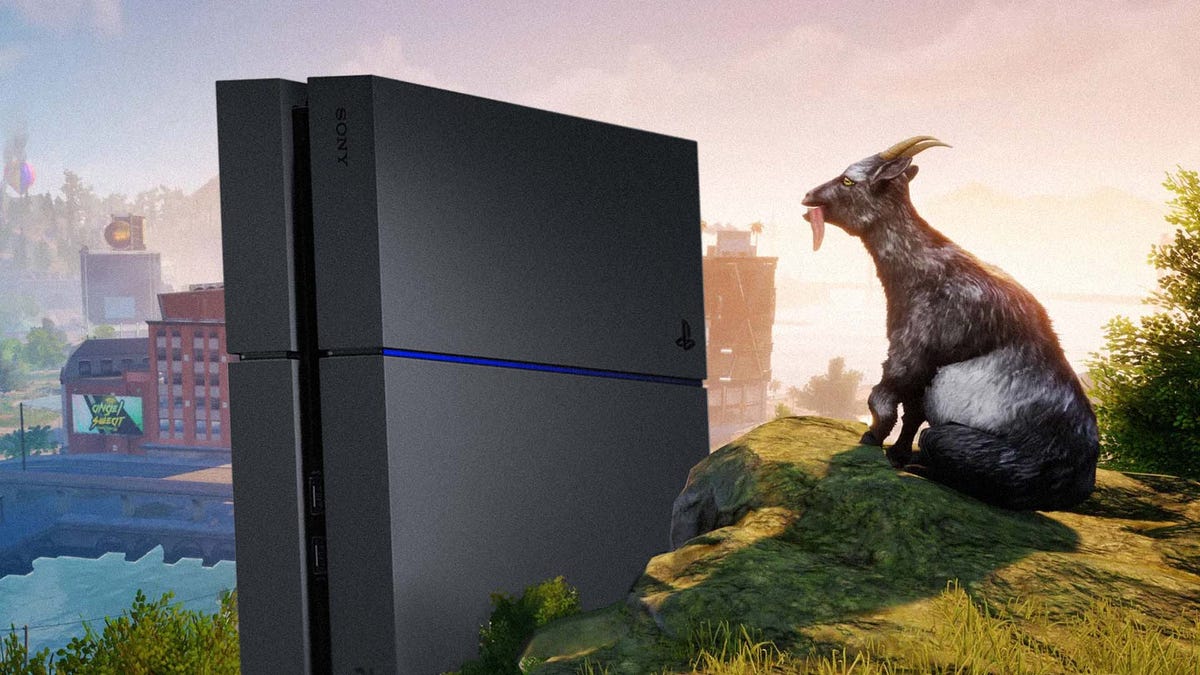I’m not exactly the poster child for tranquility. The realities of now and what lies ahead constantly stir my anxiety.
Like many, my family is anything but a haven of zen. Sure, I could go for a stroll, but truth be told, I rarely pull myself away from the grind of daily life. In my small living space, true peace and quiet are elusive. Even if I did find a calm spot, it wouldn’t hush the roar of worries in my mind.
In the past, soothing music and whale sounds have somewhat helped steady my nerves. Yet, what I really need is something to prevent the relentless spirals into thought.
Enter technology. These days, there are tools galore that help me keep my bearings, especially when professional guidance isn’t on the docket.
Among my go-to aids is Tripp’s virtual reality meditation program and their complimentary mobile app. The VR app, in particular, resonates with me because video games have always been my escape, a way to silence the internal chaos and dive into another world. Interestingly, this is also true for Nanea Reeves, Tripp’s co-founder and CEO.
“In my journey, I realized video games have often been my refuge,” Reeves shared. “Even the casual games on my phone help clear my mind when I’m tangled in negative thoughts.”
I’ve turned to the free VR app demo several times when feeling overwhelmed. It offers a personal, albeit virtual, sanctuary where stress eases, and I can simply be. The experience is immersive, with soothing sounds and vibrant visuals that resemble a kaleidoscope dream.
The allure of virtual reality is partly what inspired the creation of Tripp as a concept. Reeves reflected, “I was an early investor in Oculus, which gave me access to their devices. Many early apps aimed to evoke fear—like standing on a cliff—so I wondered how else VR could influence emotions.”
The experience begins with a surreal fireworks show, followed by a visit from the Tripp hummingbird affectionately named Terrence. Then comes a simple exercise: I navigated a spherical object through obstacles by tilting my head, collecting coins along the way. The app’s voiceover likens the spaces between obstacles to the gaps between thoughts, suggesting that’s where joy resides.
Author Pema Chödrön aptly describes this as letting the sunlight break through the clouds. Visualizing my thoughts as physical objects and seeing the light between them was entirely new to me. This method offers a powerful metaphor, especially for those who naturally think in images.
Another invaluable tool is Tripp’s AI assistant, Kōkua, which recently joined the VR app lineup. Kōkua’s charm lies in its simplicity: I type in my mood, and the AI, with a voice modeled after Reeves, provides comforting words. It then crafts a brief reflection, a two-minute meditation to help manage stress. Feedback is welcome at the end, allowing me to share if the meditation was effective.
Most often, the app’s assistance hits the mark, though occasionally, it misunderstood my circumstances, assuming I had children. More often than not, it grasped my sentiments, offering the validation I craved.
Kōkua initially launched on mobile for feedback before rolling out on Tripp’s subscription-based VR app. “Our mobile audience is smaller,” Reeves explained, “which allowed us to learn and correct any missteps based on user interaction for support.”
While Tripp’s solutions are beneficial, Reeves cautions against using them as substitutes for professional therapy. They connect to support lines if the AI detects someone in crisis, offering a bridge to real professional help.
Tripp is no substitute for therapy, but during tough times, it’s been a vital support. When life’s circumstances prove unchangeable, the VR app and mobile app help me cope, offering a semblance of calm amid the chaos. Life’s ups and downs won’t vanish, but with Tripp, I found moments of peace.
Tripp VR is a vibrantly tranquil experience, and while Kōkua isn’t a certified counselor, it genuinely makes a difference knowing someone—or something—acknowledges my struggles with empathy, even if it’s from a digital assistant.
In conclusion, VR and AI hold remarkable promise for enhancing psychological well-being. As technology progresses, they could become vital tools for mental health professionals to wield.















































